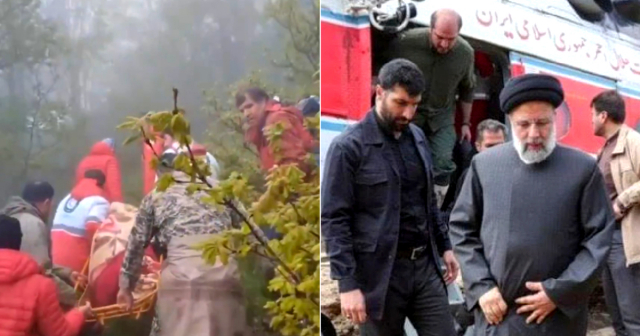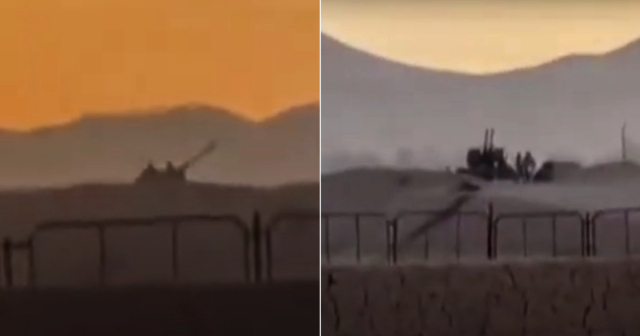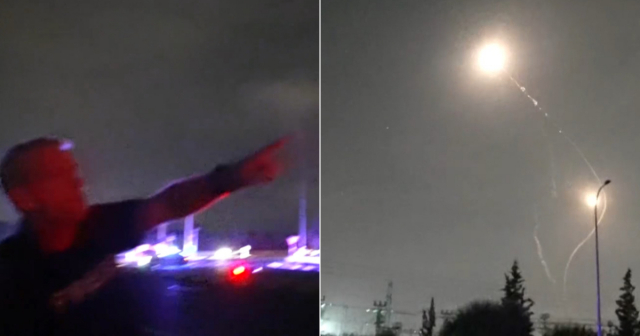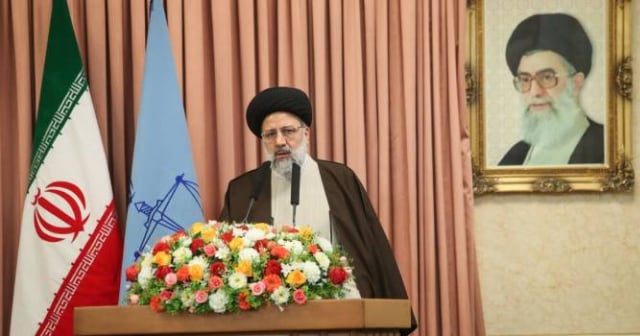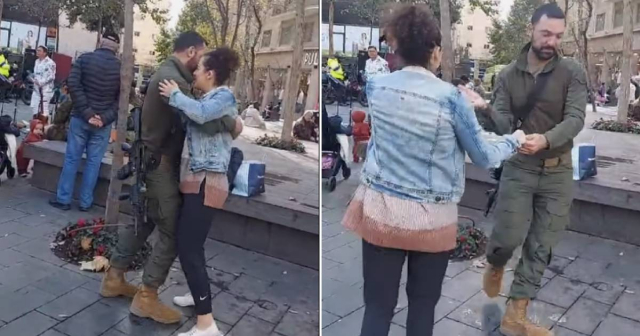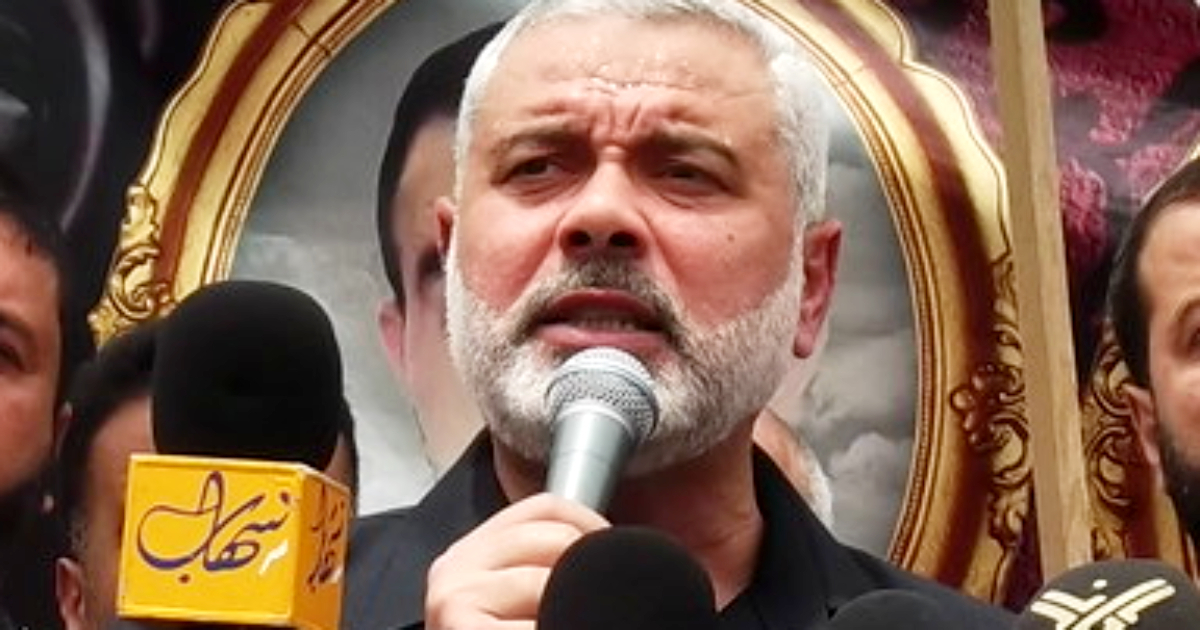
The Palestinian Islamist group Hamas announced this Wednesday the death of its leader, Ismail Haniyeh, in an attack that occurred in Tehran, Iran, which is attributed to Israel.
Through a statement, Hamas affirmed that Haniyeh, leader of the movement's political bureau, died following a "treacherous Zionist incursion" at his residence, after attending the inauguration ceremony of the new Iranian president, Masoud Pezeshkian.
The Iranian Revolutionary Guard also confirmed the death of Haniyeh and noted that one of his security guards also lost his life in the attack.
Hamas is responsible for the attack on October 7 on Israeli soil, which left over 1,200 dead and more than 250 kidnapped, and which led to the current war in the Gaza Strip, where more than 39,400 Palestinians have died.
So far, Israeli authorities have not confirmed any attack in Tehran nor the death of Haniyeh. According to El Diario, the latter had gone to the Iranian capital for Pezeshkian's inauguration and was self-exiled in Qatar.
"Do not consider those who have been killed on the path of Allah as dead, but rather they are alive with their Lord, receiving sustenance," declared Hamas in reference to its leader, highlighting his status as a martyr.
Ali Jamenei, the supreme leader of Iran, issued a strong warning to Israel, promising revenge for the death of Haniyeh. Iran and Israel have been embroiled in a dangerous escalation of military actions since the latter country annihilated two Iranian generals in Syria.
"With this act, the criminal and terrorist Zionist regime has paved the way for harsh punishment, and we consider it our duty to avenge the assassination on the territory of the Islamic Republic of Iran," stated Jamenei in a statement released by the Iranian state agency IRNA.
For its part, the United States has not issued any official statement regarding the authorship of the attack. Secretary of State Antony Blinken indicated that he would not speculate on the impact of the event but assured that his country would continue working to "prevent an escalation of the conflict" and emphasized the importance of achieving a ceasefire in Gaza.
The de facto government of Afghanistan also expressed its condolences for the death of Haniyeh, considering it a significant loss for the Islamic nation and the jihadist cause. In a statement, the Taliban mourned Haniyeh's death and reiterated their support for Hamas as defenders of the "Islamic and humanitarian duty."
The news of Haniyeh's alleged death comes against a backdrop of intensified tensions in the region. Hours earlier, Israel had confirmed the assassination of the military chief of the Lebanese Shiite group Hizbulá, Fuad Shukr, described as the "highest-ranking military chief" of the group and a close advisor to the leader Hasan Nasrallah.
Shukr was held responsible by Israel for the deaths of thousands of Israeli civilians and, in particular, for the deaths of twelve children who were killed in a rocket attack in Majdal Shams, in the Israeli-occupied Golan Heights.
Ismail Haniyeh was born in 1962 in the Al Shati refugee camp in the Gaza Strip occupied by Egypt. He studied Arabic literature at the Islamic University of Gaza and became involved with Hamas during his youth.
Haniyeh quickly rose through the ranks of the movement, and in 2006 he headed the Hamas list that won the Palestinian legislative elections, becoming prime minister in a national unity government with the secular Fatah. However, tensions between the two factions culminated in the expulsion of Fatah from the Gaza Strip and the takeover by Hamas in 2007.
In 2017, Haniyeh was elected president of Hamas's Political Bureau, moving to Qatar from where he led and represented the group on the international stage. His death represents a significant blow to Hamas and adds a new layer of complexity to the already volatile political landscape in the Middle East.
What do you think?
SEE COMMENTS (1)Filed under:

